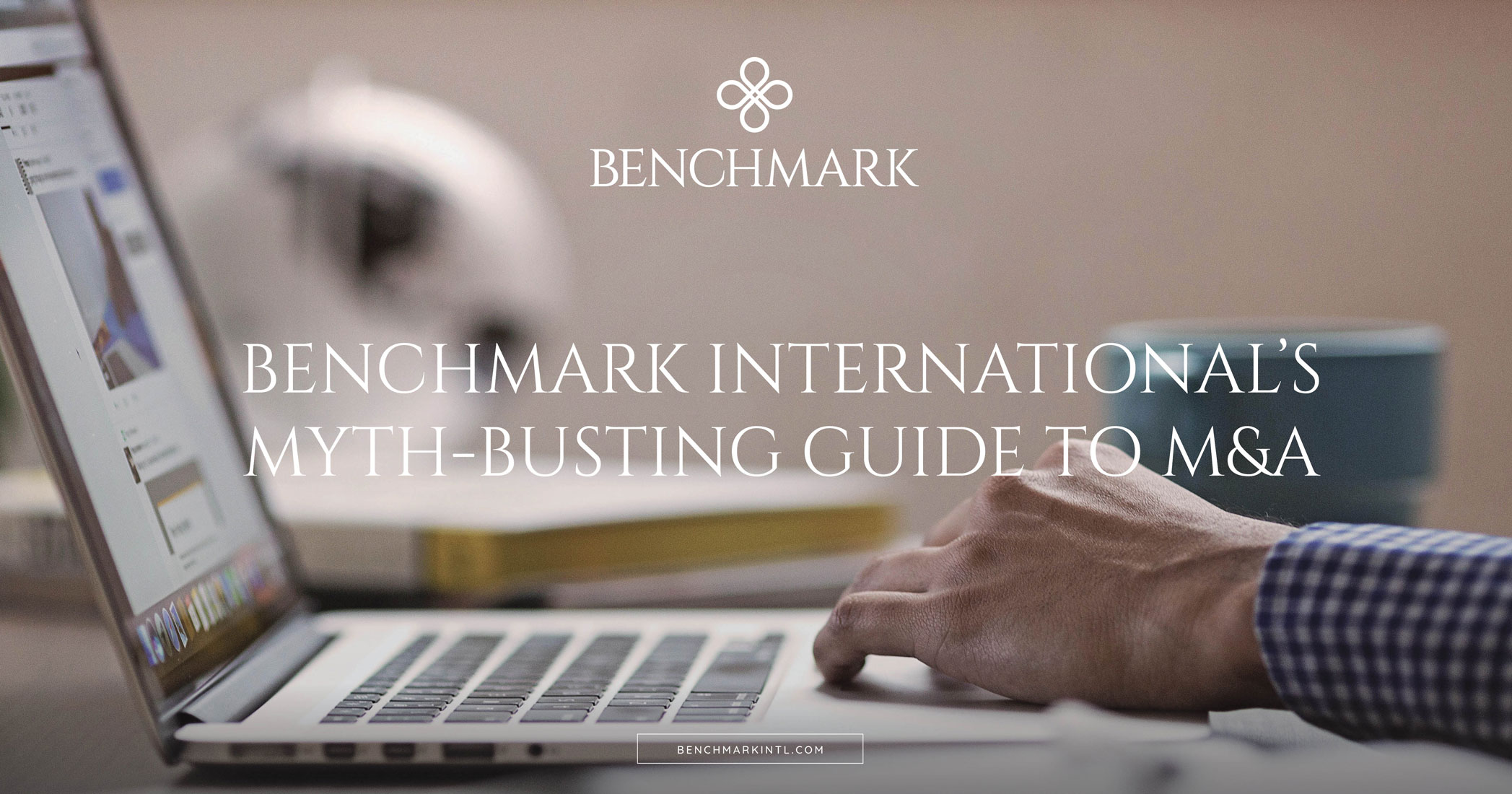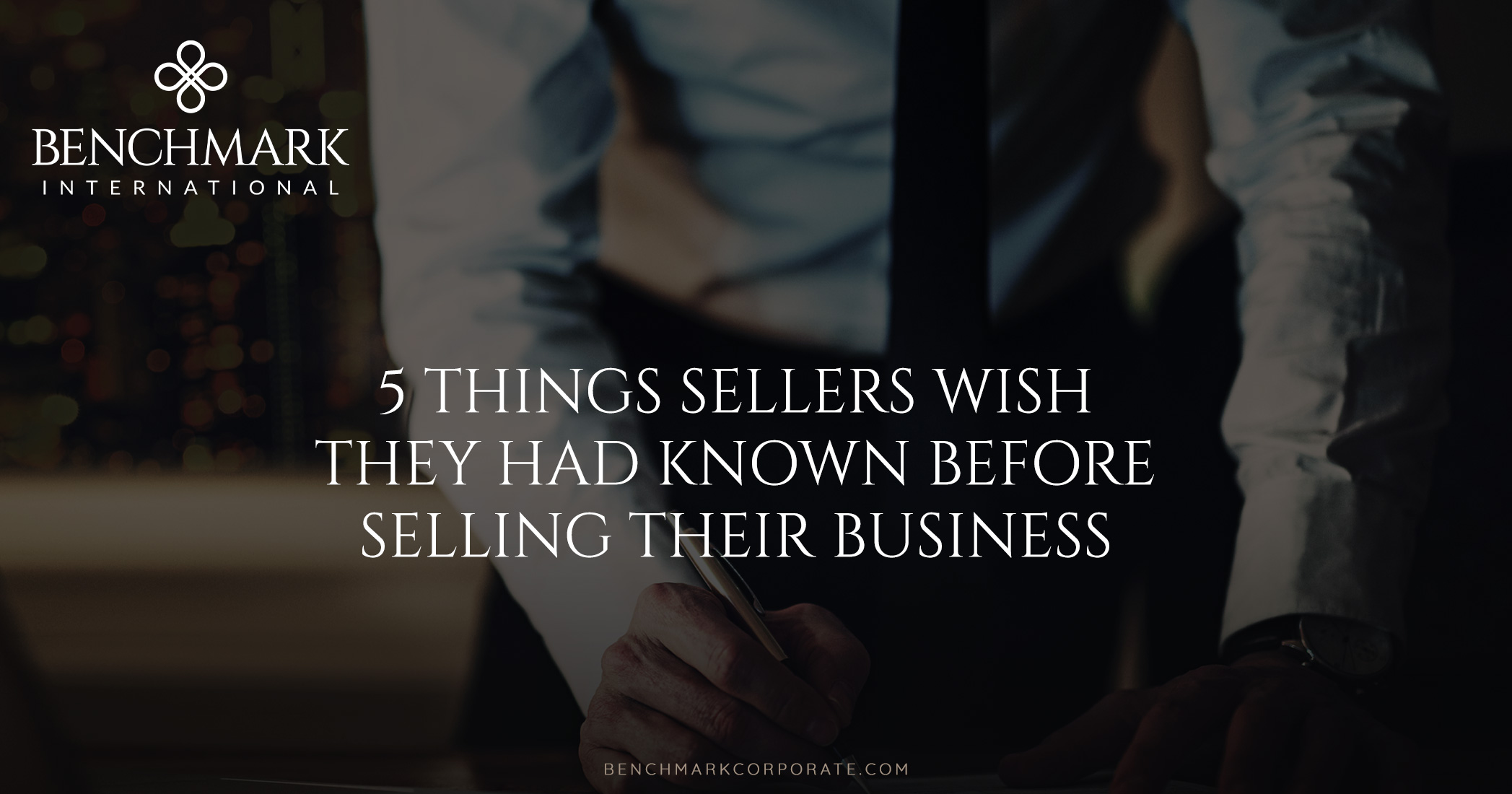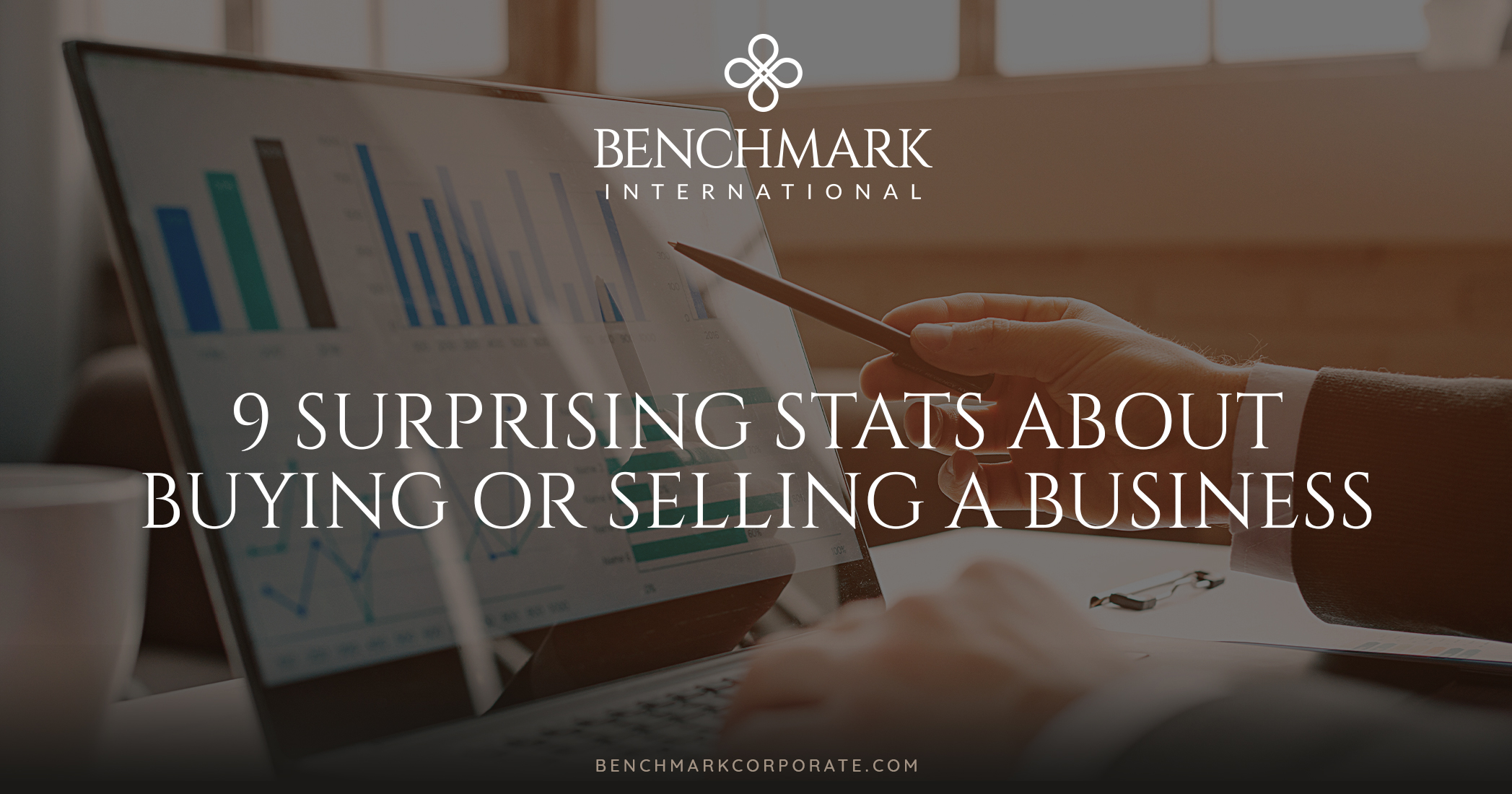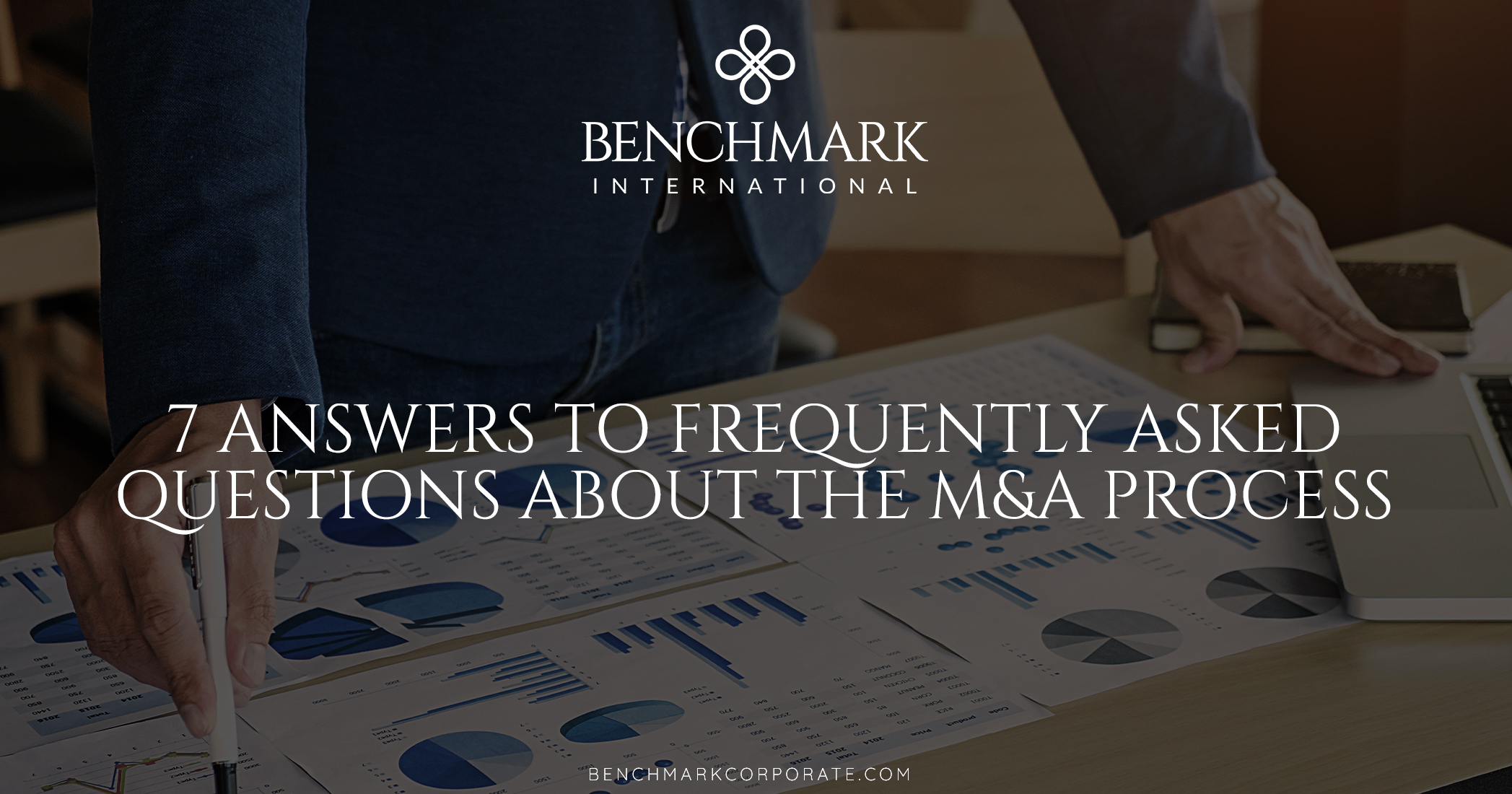Throughout and following any M&A transaction, the retention of key staff members is critical to the long-term success of the business. When the structure and culture of a company changes, it is not uncommon for employees to feel uneasy and tempted to explore their options. Companies that practice comprehensive retention efforts are more likely to retain the majority of their senior staff. By getting employees engaged early in the process, it can help mitigate communication problems and promote a more inclusive experience. Additionally, the likelihood that your key staff will remain with the business will aid in your company valuation.
Know Your VIPs
Every company has their most valuable players, and keeping them is crucial for the business’s success. Know who they are at every level of management and how the changes to the business will impact their roles. Consider what you can do to avoid redundancy and ensure that their talent and knowledge will still be in a position to be valued. The earlier you do this, the better. A merger or acquisition can turn everything in an organization upside down. Have your best people tasked with challenges and opportunities. Give them the chance to use their talents and be part of the process in a productive way that works for their individual success as well as the success of the company. Be sure that your assessment extends beyond your leadership team. Look at all levels of the company to see where hidden gems may find an opportunity to shine.
Build Trust Though Communication
Communication is always key to running a successful operation, but it is absolutely paramount during the M&A process. Mergers and acquisitions can make people feel insecure about their jobs. While you never want to reveal information too soon, you will benefit greatly from gaining your employees’ trust by communicating with them about what is happening now and down the road, and what their role in the process will be. Key employees need to understand that their jobs are safe. Share your goals, your strategies, your vision and how you plan to go about running the show moving forward. Talking to them will go a long way in creating and maintaining loyalty to your company. If employees sense that something is afoot and feel like secrets are being kept, they are more likely to feel betrayed and even hostile about the process.
Think Beyond the Bonus
Retention bonuses for key talent are normal during M&A transactions. They are proven to be effective in the short term, but money does not necessarily make people feel inspired, engaged, or even secure. If someone is “checked out,” they are likely to leave for any amount of pay increase, however small. People who are truly invested in their careers want to be assured that the company is making good decisions, creating a strong culture, and working towards a goal they can support. While money talks, having talent feel enthusiastic about the future can be priceless—and contagious.
Avoid Culture Clash
When a business is acquired or merges with another, there is an inevitable convergence of cultures. Whether the convergence goes good or bad lies in the due diligence process. If you assess what you are dealing with ahead of time, you can anticipate how the cultures will meld. This includes having leadership and top talent working together through the evolution. They drive the culture and should be part of any changes to it. They will also play a critical role in the hiring of any new talent post M&A, and ensuring that the new hires will be conducive to the overall culture of the organization. If they feel empowered to be part of the future, it will go a long way in giving them a deeper understanding of the business and promoting its success in the future.
Let’s Do This
Your award-winning M&A advisory team at Benchmark International is dedicated to fulfilling your goals as a business owner. Whether you are looking to buy, sell or grow a company, we have the experience, resources, and connections that give you the upper hand and make great things happen. We look forward to speaking with you soon.
READ MORE >> Benchmark International
Benchmark International  Benchmark International
Benchmark International 














































